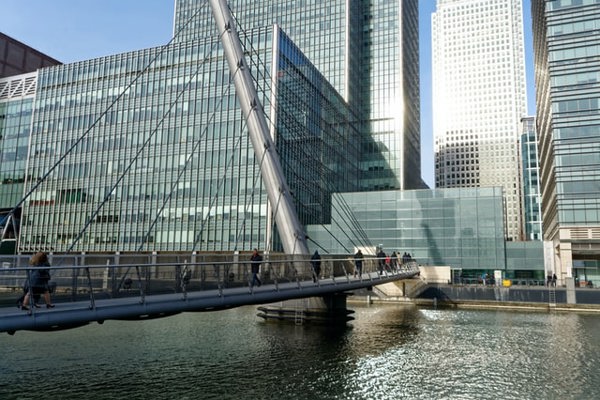A standard security is the Scottish equivalent of a legal charge over heritable property in Scotland (real estate). It is the only means by which land, buildings and registered leases of more than 20 years can be made subject to a fixed security interest in Scotland.
Whilst clearing banks and law firms generally have their own precedent styles of standard security, a standard security must follow the form prescribed by the Conveyancing and Feudal Reform (Scotland) Act 1970. The prescribed form is relatively short and is usually expanded by law firms to ensure the chargor is subject to a robust set of maintenance, insurance and other obligations in relation to the secured property. Schedule 3 of the Conveyancing and Feudal Reform (Scotland) Act 1970 also sets out a series of standard conditions which regulate all standard securities. These standard conditions create obligations on the chargor in relation to the secured property and can be tailored and varied in the standard security to reflect the obligations set out in other finance documents.
A standard security does not create a security interest until such time as it is registered with Registers of Scotland (our equivalent of HM Land Registry). The creditor's interest is usually protected by way of an advance notice (our equivalent of a priority notice) pending registration of the standard security. Once registered, the standard security must then be registered at Companies House if created by a company or LLP within the applicable statutory timescales, which commence only after registration with Registers of Scotland. Unlike in England, the Companies House step is dealt with only after registration in the Land Register of Scotland.
It is no longer possible to create new standard securities over property the title to which is recorded in the General Register of Sasines. Any such standard security will trigger a first registration of the title to that property so as to move the property onto the Land Register of Scotland. That process requires a number of additional steps, including accurate plans and related reports, which can be time consuming (and costly) to obtain. The time required to deal with a first registration must be factored into any transaction involving an affected property.
A standard security is enforced by way of statutory calling up process - it is not possible to appoint an LPA style receiver under a standard security. The enforcement process can take several months (sometimes longer) to complete, depending on whether or not any enforcement action is defended by the property owner.


